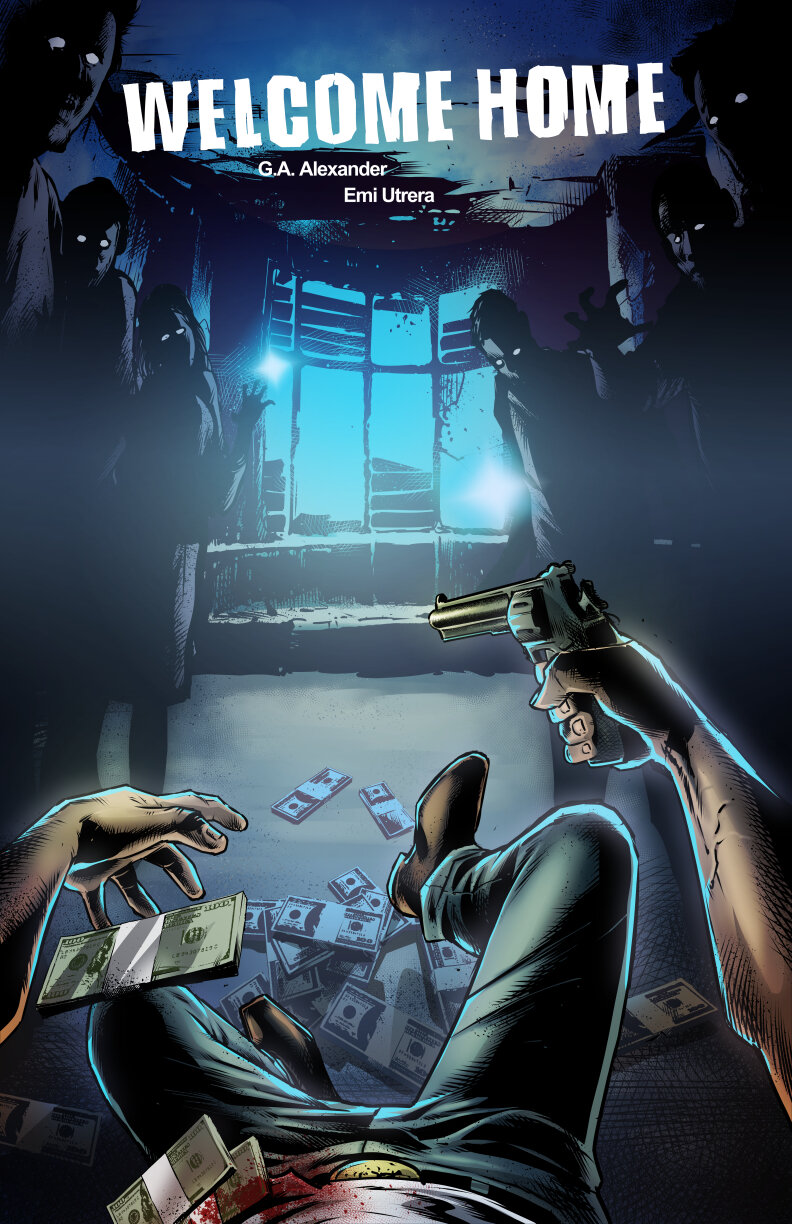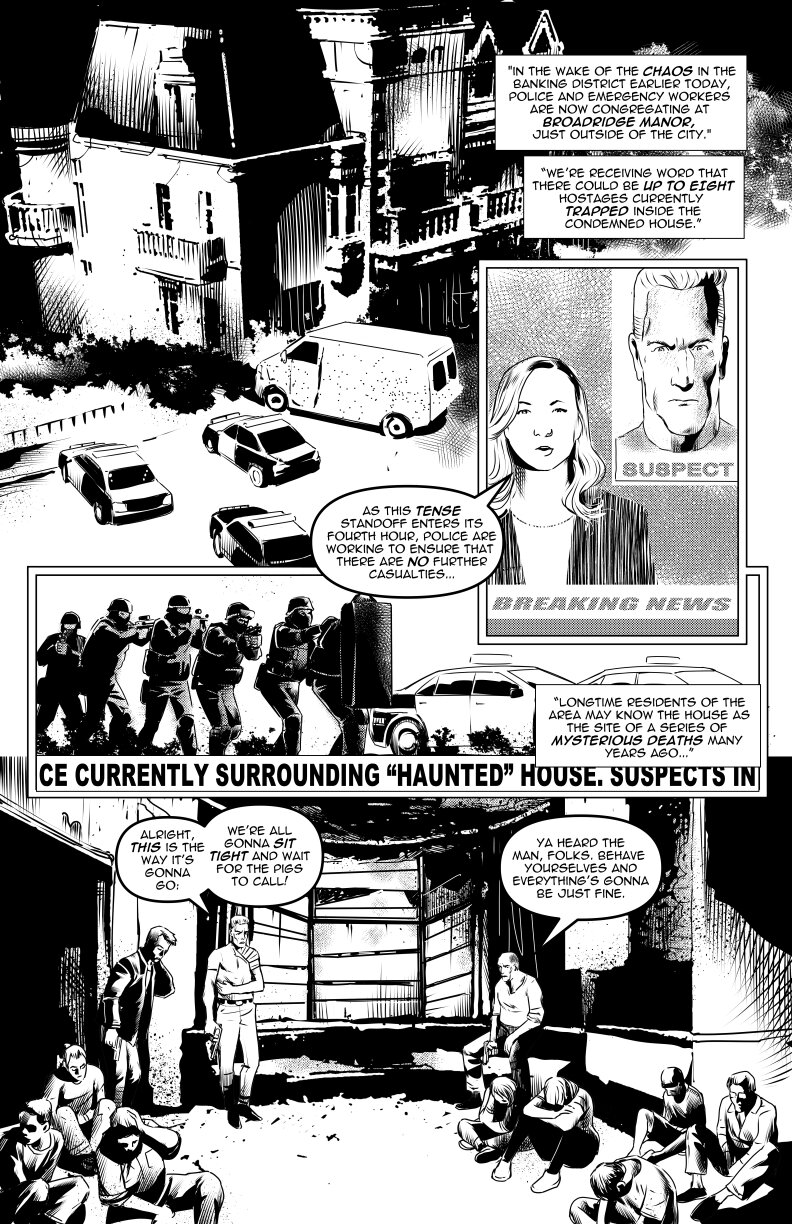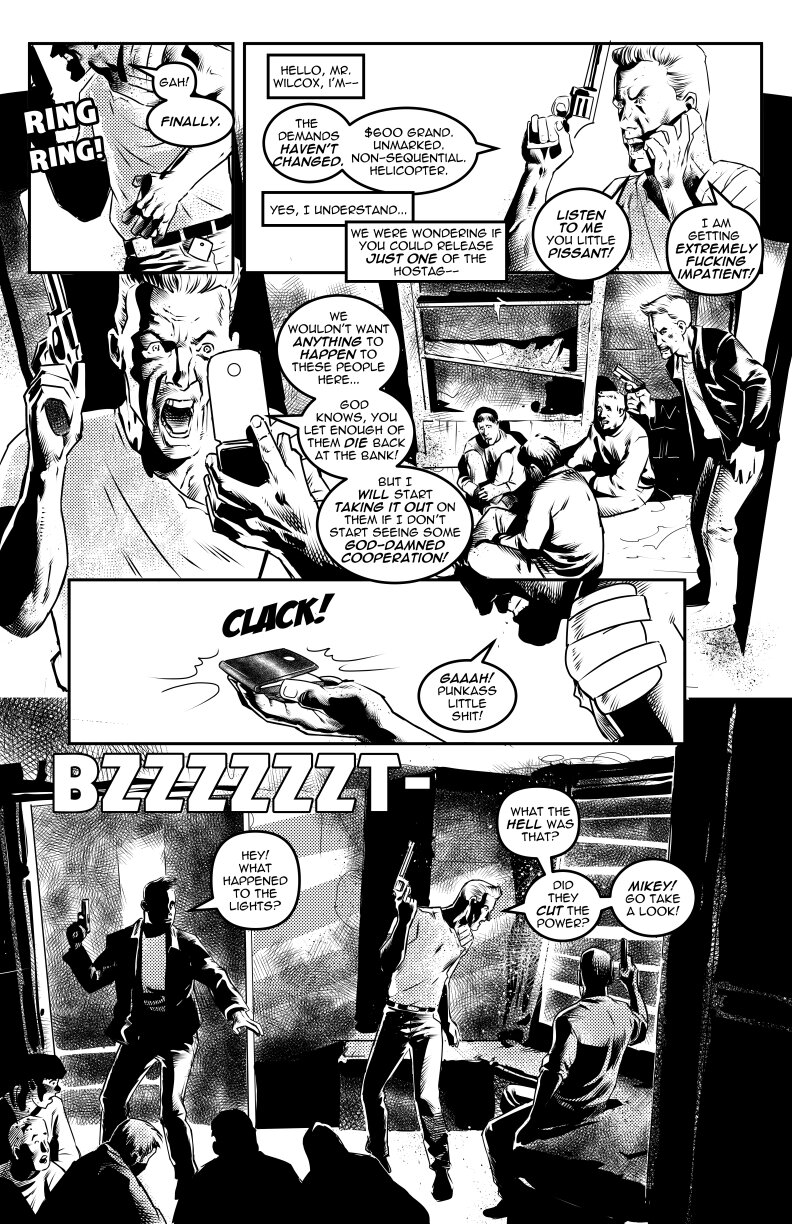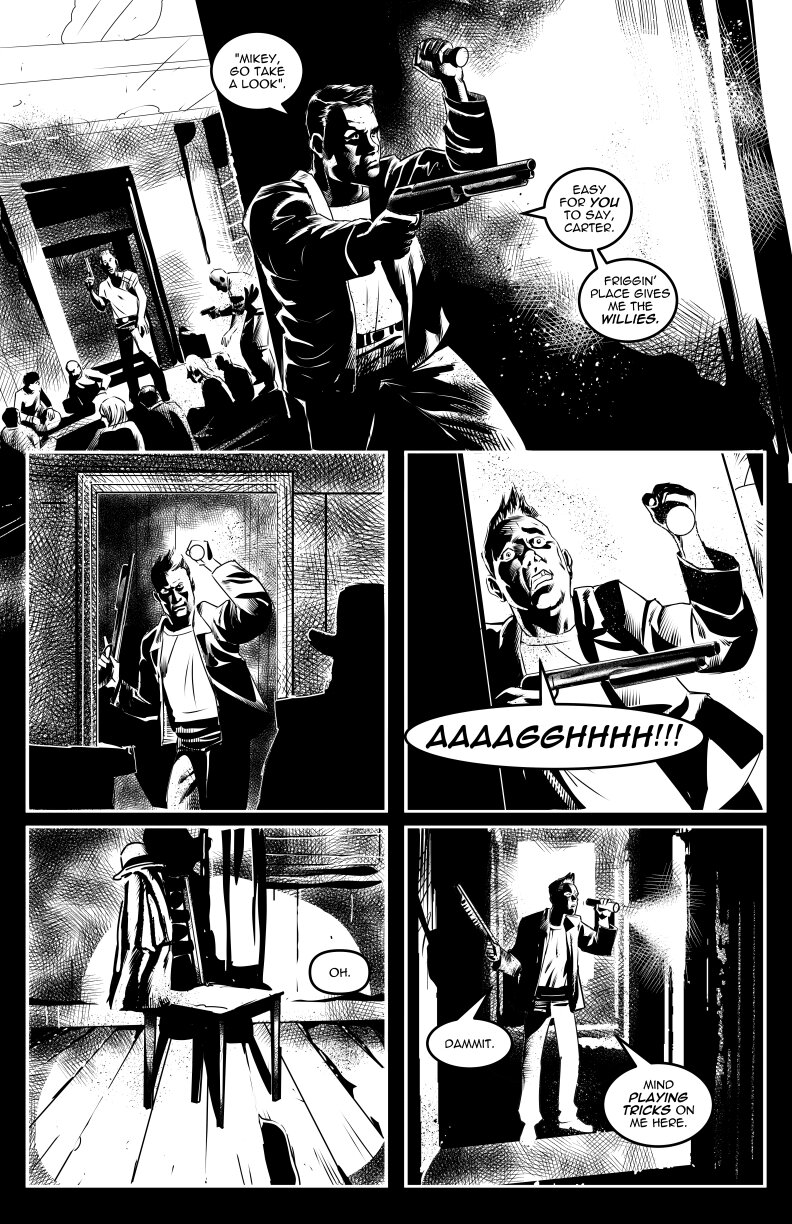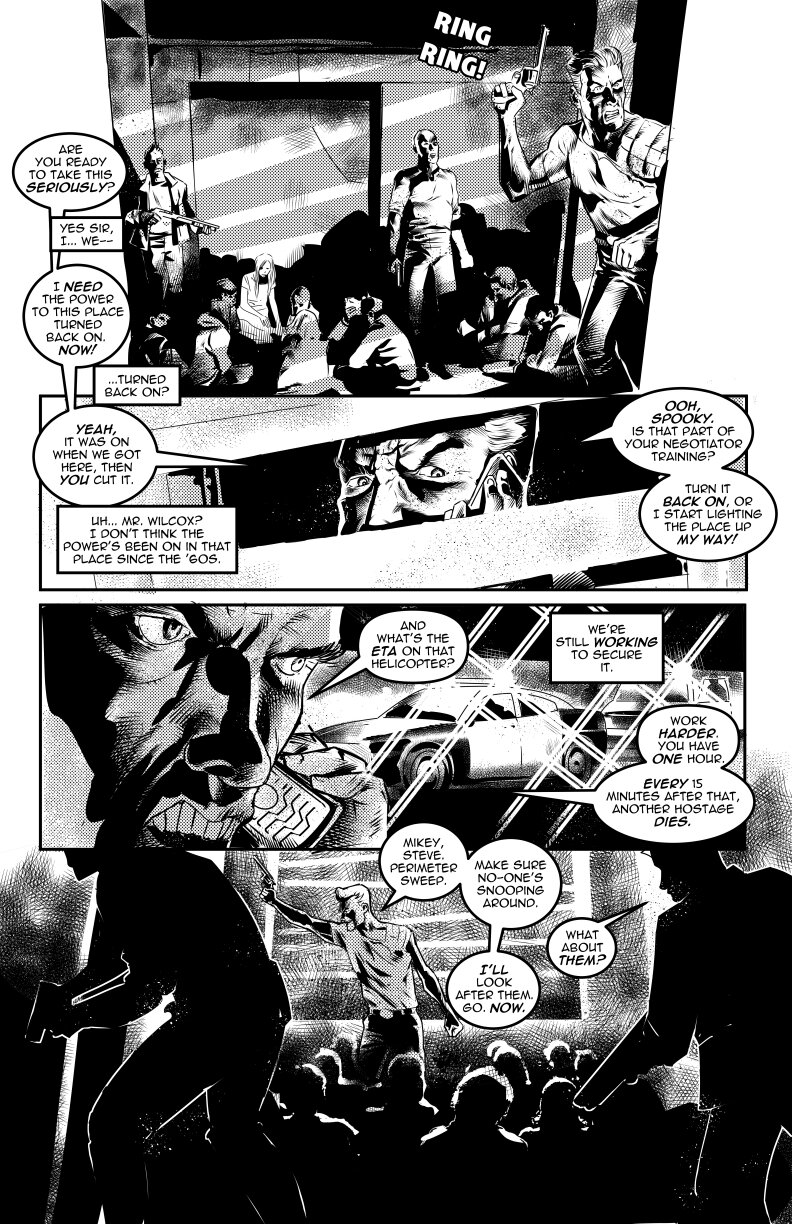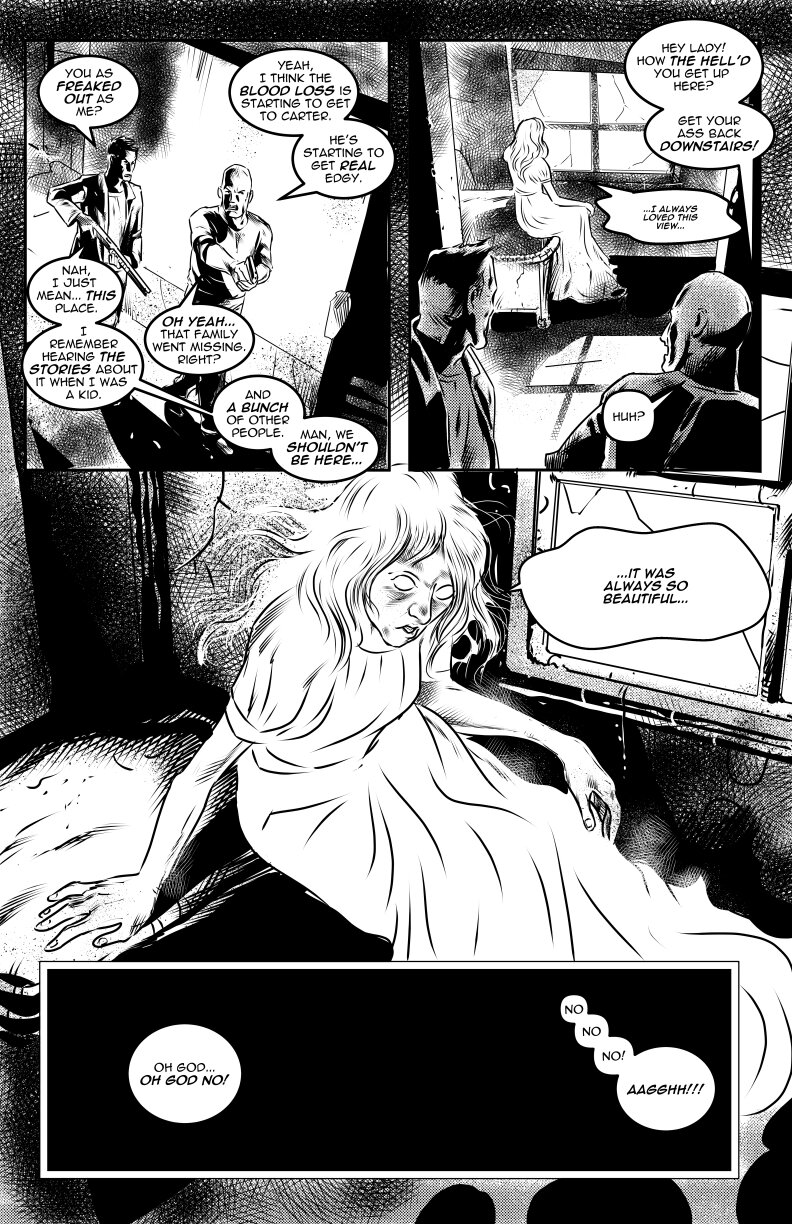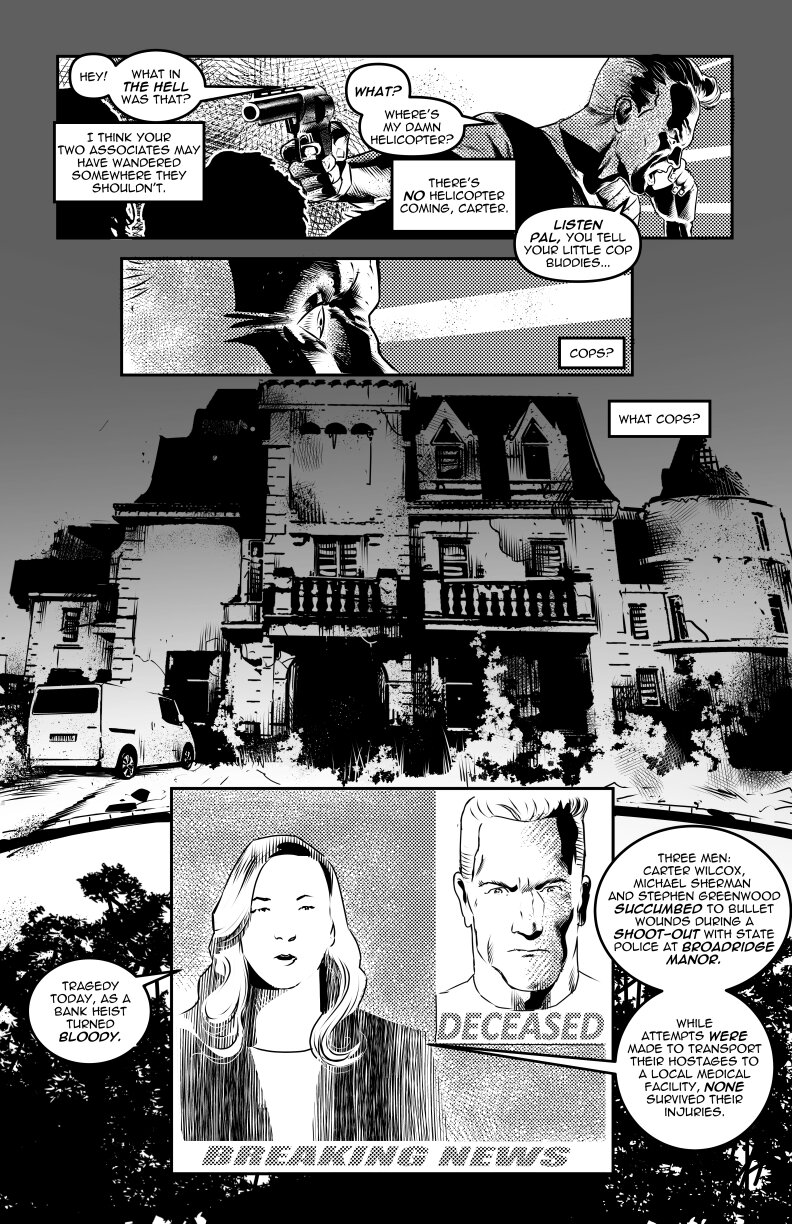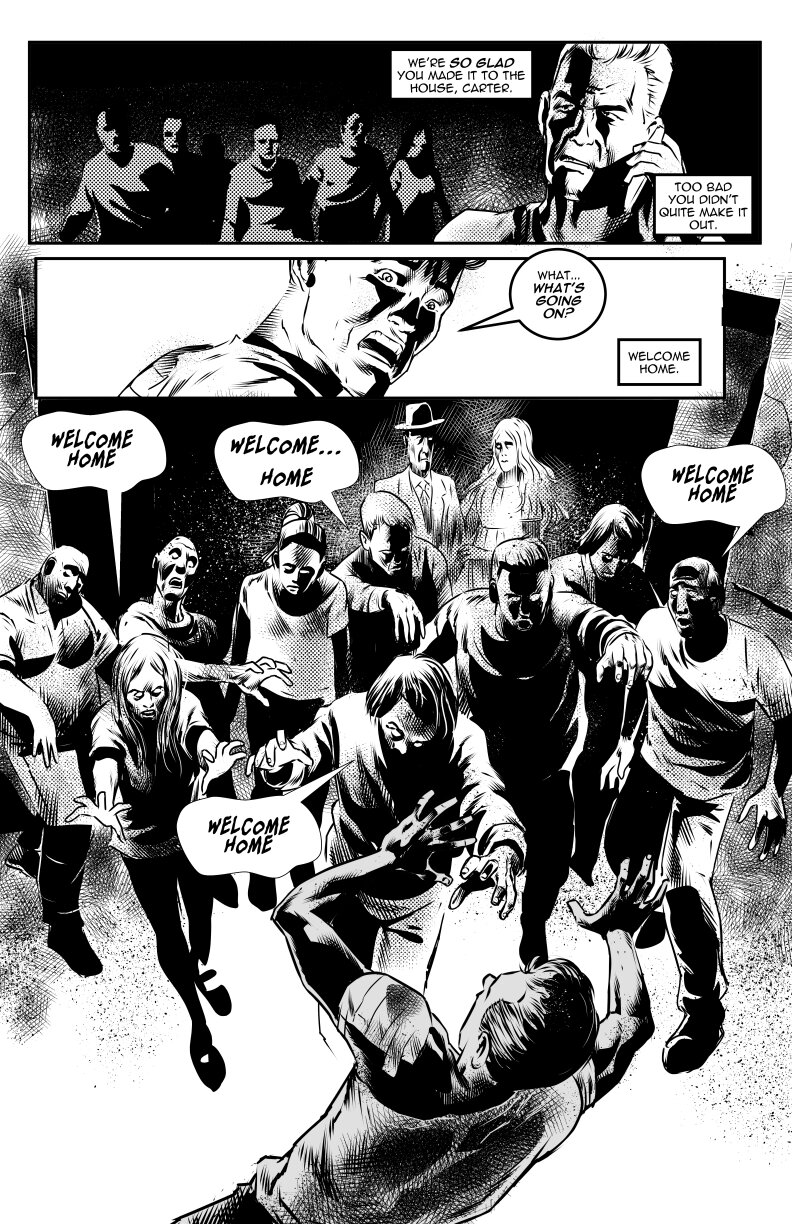#3 - Have A Nice Life - Sea Of Worry
Are we now in a world where a new Have A Nice Life album being fantastic is... kinda expected? While their debut, Deathconsciousness, is now considered to be a DIY music classic, and the follow-up, The Unnatural World, almost as much, their side projects such as Deadwing and Giles Corey are also looked at with similar reverence. HANL’s greatness is honestly in danger of becoming mundane at this point - the sun will rise, the birds will sing, Dan Barrett and Tim Macuga’s musical projects will impress.
Mixing musical elements of post punk, goth rock, heavy metal and ambient music with vocals that echo early midwest emo and screamo more than the goth pioneers they’re usually compared to, HANL captured the internet’s attention in an amazingly organic way that I haven’t seen replicated. The combination of mystery with openness and accessibility that half of the duo, Dan Barrett, has cultivated seems antithetical when described, but has the fact that this friendly SEO business-owner from Connecticut who frequently pops into internet discussions to share information about his projects and passion can somehow be the same occultist fear-merchant that wrote something as bleak as “Bloodhail” is part of the appeal of the band - the sorcerer next door, if you will.
Beginning with the epic “Sea of Worry”, which I previously covered at length in one of my newsletters, the album doesn’t dilly-dally, transitioning into the fantastic “Dracula Bells” before slowing down into the decidedly more electronic “Science Beat”. The electronics are relieving - while “Sea” is a great song, part of the appeal of HANL has been its lo-fi approach to electronics, and one of my worries was that they had abandoned that to follow the path of being a somewhat more traditional heavy post punk band. “Dracula Bells”, with its processed electronic beats, constant bass lines and almost Chris Isaak-y washed out guitar brings back a lot of the off-kilter combinations of influences and styles that made the first two albums so strong.
Dancing between upbeat post punk like “Trespassers W” and more atmospheric pieces like “Destinos”, the rest of the album is quite a ride. The band have definitely benefited from a little more clarity in their recordings, while still understanding the power of their earlier distorted and compressed approach to production. This album managed to marry the two, offering a raw and organic take on their sound, while still somehow integrating the digital noise of their older work.
If there is one thing I feel that HANL may be missing now, which their earlier work had a great deal of, is the “extended universe”. Deathconsciousness was part of an album cycle along with Giles Corey’s self titled and Deconstructionist albums and Death Industrial side project Nahvalr’s self titled albums which explored the works of (probably fictional) philosopher Robert Voor. I feel that part of the draw of the earlier work was that you weren’t just hearing an album - you were experiencing an entire alternate world, where pieces of this philosophy and the ancient history it was based on were dotted around lyric books, essays included with albums and even in the tweets and blog posts of the creators. It felt like you were participating in this world as much as you were listening to it. Such things, unfortunately, are creatively draining and difficult to pull off for an extended period, so I can understand why they aren’t building mythology.
bandcamp


